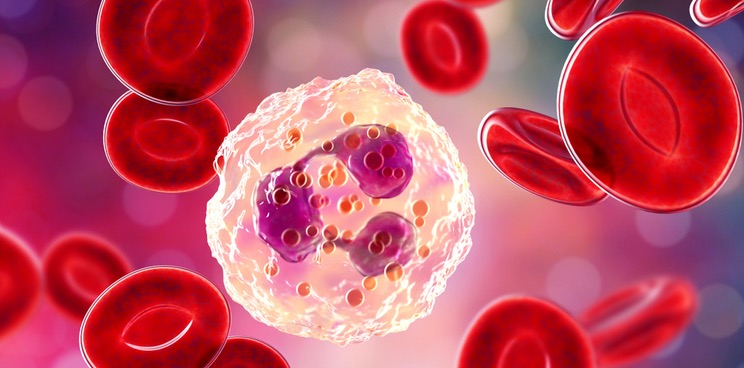Newsletter Signup - Under Article / In Page
"*" indicates required fields
A molecular patient database for Sjögren’s syndrome (SjS) and systemic lupus erythematosus (SLE) is to be generated following a partnership between Evotec SE and a German university.
Evotec made the announcement yesterday (Tuesday) that it will work with Hannover Medical School (MHH).
The strategic partnership between Evotec and MHH aims at achieving a better understanding of SjS and SLE by creating a longitudinal PanOmics database from the analysis of patient material.
Biospecimens from several hundred SjS and SLE patients will be collected by MHH and analyzed on Evotec’s PanOmics platform, which includes genomics, transcriptomics, proteomics, and metabolomics as well as single-cell sequencing technologies.
Pseudonymized patient data
Together with supplementary pseudonymized patient data, these PanOmics data will feed into Evotec’s proprietary translational molecular patient data platform E.MPD, which serves as the central data repository for molecular patient data.
For academic research, MHH will receive access to the data generated within the partnership by working with Evotec’s artificial intelligence (AI)-driven analytics software PanHunter.
Evotec has the exclusive right to exploit the data commercially with its capabilities in the field of data-driven precision medicine. No financial terms of the collaboration were disclosed.
Key disease drivers
Cord Dohrmann, chief scientific officer of Evotec, said: “We are excited to enter this partnership with MHH and expand Evotec’s E.MPD database into autoimmune diseases. The conventional symptomatic description of many diseases stands in the way of both diagnosis and effective treatment.
“By leveraging PanOmics data, we are taking a deeper dive into underlying disease mechanisms. A better understanding of molecular disease mechanisms guides the identification of key disease drivers and ultimately supports the identification of new targets and the development of effective medicine.”
Torsten Witte is a professor of rheumatology and head of department of rheumatology and immunology at MHH. He said that so far there are no efficacious anti-inflammatory therapies for Sjögren’s syndrome and only few for SLE.
Autoimmune diseases
He said: “The identification of inflammatory pathways contributing to the pathogenesis of the disorders would help to establish novel therapies. Since these pathways may differ inter-individually, the research project by MHH and Evotec may even pave the road to individualized treatments of Sjögren’s syndrome and SLE.
“We are therefore excited about the possibilities of the collaboration that combines the expertise of the partners from MHH in the exact clinical characterization of the patients and from Evotec in the application of multi-omics technologies.”
Sjögren’s Syndrome and systemic lupus erythematosus are among the most common forms of rheumatic autoimmune diseases. However, the unknown triggers and symptoms between patients makes early diagnosis of these conditions a challenging process, often spanning several years – a question also addressed by the RESIST cluster – a consortium of scientists from a range of disciplines and institutions working together on a research project at an internationally competitive level.
Despite significant research activity in the field, not much is known about the causes and progression of either disease, therefore currently available treatment regimens are symptomatic and supportive.
The power of AI in antibody discovery






